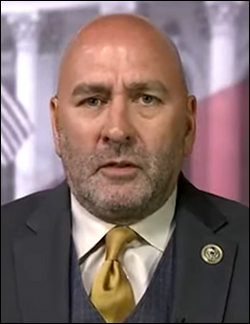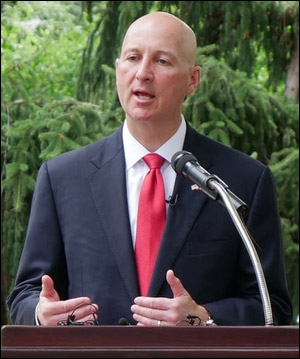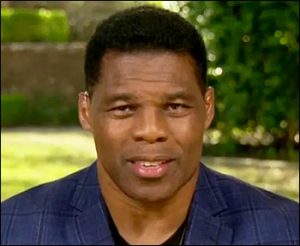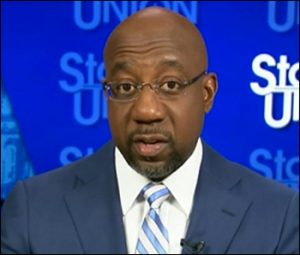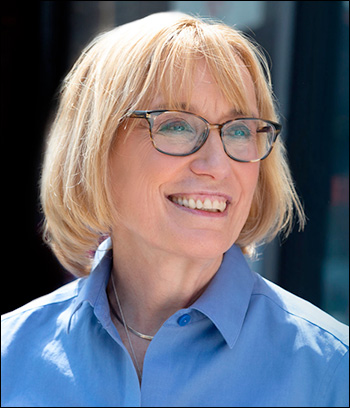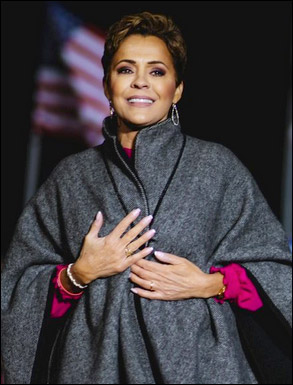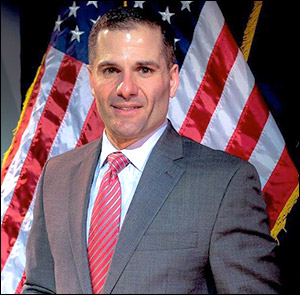By Jim Ellis — Oct. 12, 2022
House
LA-3: Double Republican Race Brewing — We haven’t focused much on the Louisiana races this year largely because the state’s primary election runs concurrently with the general election. Using the jungle primary format, candidates can win outright in the one election if they command majority support. If all contenders fall below the 50 percent marker in a particular race, the top two finishers advance to a December runoff, this year scheduled for Dec. 10.Former Rep. Charles Boustany (R), Rep. Clay Higgins’ (R-Lafayette) GOP predecessor in the 3rd District seat, on Monday endorsed another Republican in the jungle format, prosecutor Holden Hoggatt. The move suggests we could see a late developing double-Republican race in Cajun Country, though Rep. Higgins, a former police captain who came to fame for his tough law enforcement videos, largely has become a folk hero in southern Louisiana and will be difficult to dislodge. Rep. Higgins has averaged 62 percent of the vote in his two re-election campaigns, winning both contests outright.
NY-22: Countering Data — Last week, Siena College, partnering with Spectrum News, released a survey (Sept. 22-28; 453 likely NY-22 general election voters) that pushed Republican Brandon Williams to a five-point, 45-40 percent, edge over former intelligence agency analyst Francis Conole (D).
The Conole campaign released countering data on Monday, but their Global Strategy Group survey was commissioned considerably earlier (Sept. 15-19; 400 likely NY-22 general election voters) than the Siena College poll and only showed a slight 43-42 percent edge for the Democratic nominee. Thus, releasing a dated study with the candidate having such a small advantage suggests that the Siena data is likely a more realistic depiction of the current political situation. The new Syracuse-anchored NY-22 is a politically marginal open seat from which Republican Rep. John Katko is retiring.
Governor
New York: Zeldin Closing Within Two Points — The Trafalgar Group released a new Empire State survey that finds US Rep. Lee Zeldin (R-Shirley/East Long Island) trailing Gov. Kathy Hochul (D) by only a 45-43 percent margin, the closest of any NY gubernatorial poll during this election cycle. The study was conducted over the Sept. 30–Oct. 3 period and surveyed 1,087 likely general election voters through multiple sampling techniques. Earlier, the McLaughlin & Associates firm (Sept. 21-25; 800 likely New York general election voters) found a 51-45 percent spread.
Siena College, polling in the period before the aforementioned (Sept. 16-25; 655 likely New York general election voters) projected a much larger Hochul lead, 54-37 percent. It will be interesting to see if this latest trend proves to be an anomaly or the beginning of a directional change within the general election contest.
Nebraska: Closer Than Expected — The open Nebraska governor’s race has not attracted much attention in the general election cycle, but a new Data Targeting poll projects the race between University of Nebraska Regent Jim Pillen (R) and state Sen. Carol Blood (D-Bellevue) is closer than most observers might have expected. The DT survey (Sept. 29-28; 1,340 likely Nebraska general election voters; interactive voice response system & text) shows Pillen holding a 48-41 percent advantage over Sen. Blood. It is likely the ultimate spread will favor the Republican nominee to a greater degree, but this first glimpse into the race suggests that both campaigns will pick up the pace as we move closer to election day. Early voting in the Cornhusker State began yesterday.
Oregon: Major Race Change — Independent Betsy Johnson’s largest contributor is Nike co-founder Phil Knight, who has given the former state legislator’s gubernatorial campaign over $3.7 million. Now, however, Knight is changing allegiance. He announced plans to contribute $1 million to Republican Catherine Drazan’s campaign. The change is likely due to recent surveys finding Drazan taking a small lead over Democratic former state House Speaker Tina Kotek, with Johnson beginning to lag well behind.
The most recent survey, from Emerson College (Sept. 29-Oct. 1; 796 likely Oregon general election voters; multiple sampling techniques), sees Drazan topping Kotek and Johnson, 36-34-19 percent, respectively. Additionally, Drazan has developed a small lead in the six most recent surveys from five different polling firms.

